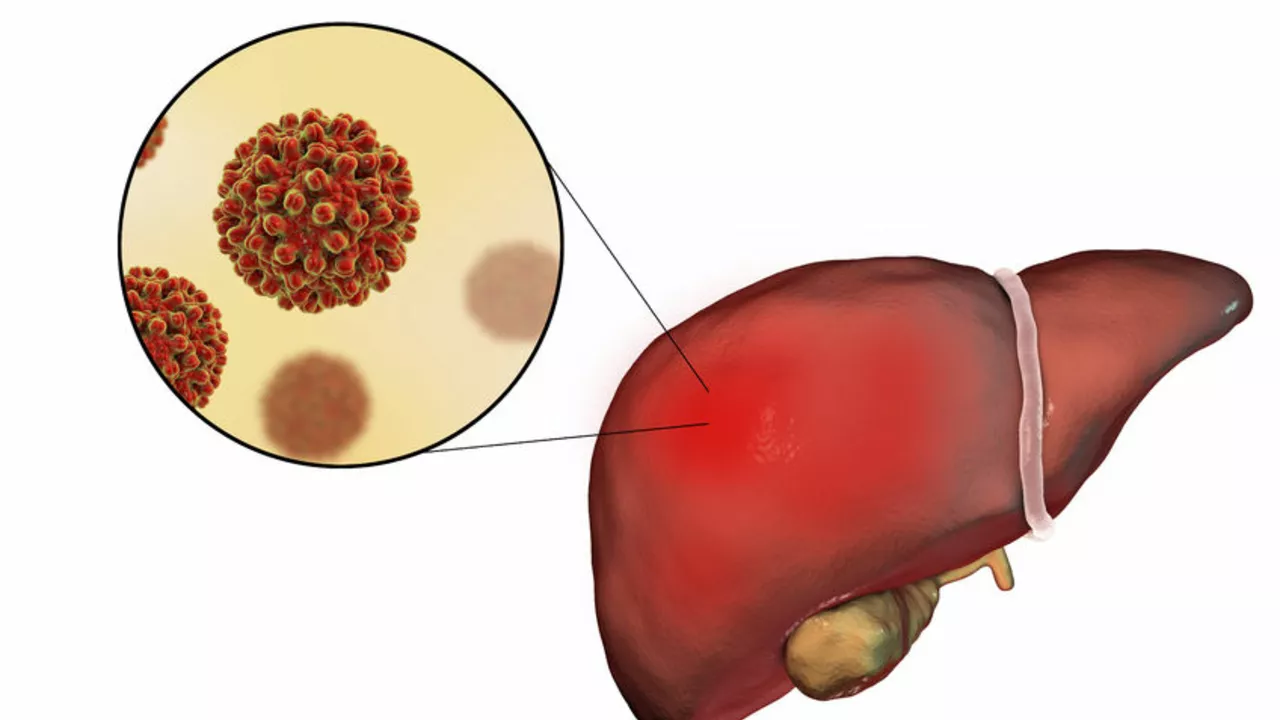Hepatitis: What You Need to Know Right Now
Hepatitis means inflammation of the liver. It can come from viruses, alcohol, medications, or other health problems. Some types pass quickly. Others can stick around and damage the liver over months or years. This page helps you spot the signs, know when to test, and take steps to protect your liver.
Types and Symptoms
There are several common viral types: A, B, and C. Hep A usually spreads through contaminated food or water and often clears after a short illness. Hep B and C spread through blood and body fluids. They can become chronic and affect health long term.
Early symptoms are often subtle. Watch for:
- Fatigue and low energy
- Dark urine or pale stools
- Yellowing of the skin or eyes (jaundice)
- Stomach pain, especially under the right rib cage
- Nausea, poor appetite, or unexplained weight loss
Not everyone shows symptoms. People with chronic hepatitis may feel fine for years while liver damage slowly progresses. If you have risk factors—past injection drug use, unprotected sex with new partners, blood transfusions before 1992, or work exposure—talk to your doctor about testing even without symptoms.
Prevention, Testing, and Treatment
Prevention is practical and straightforward. Get vaccinated for hepatitis A and B if you haven’t already. Avoid sharing needles, razors, or toothbrushes. Use condoms with new or multiple partners. Be cautious with tattoos or piercings—choose licensed, clean shops.
Testing is a simple blood draw. Tests show whether you have a current infection, past exposure, or immunity from vaccination. If you test positive, your doctor will likely order follow-up blood work and imaging to check liver health.
Treatments vary. Acute hepatitis A mostly needs rest, fluids, and avoiding alcohol. Chronic hepatitis B and C now have effective treatments. Direct-acting antivirals can cure most hepatitis C cases. Antiviral drugs can control hepatitis B and reduce liver damage. Your doctor will tailor treatment to your type of hepatitis, liver tests, and other health factors.
Medication safety matters. Many over-the-counter pain relievers and herbal supplements affect the liver. Always tell your clinician what you take. Avoid heavy drinking while you have hepatitis or when on liver-impacting drugs.
If you suspect hepatitis or belong to a risk group, book a test. Early detection opens more treatment options and lowers the chance of serious liver problems. Browse the articles below on this tag to find practical posts about testing, drug safety, vaccines, and managing life with hepatitis. If you need urgent help—severe belly pain, confusion, or sudden jaundice—get emergency care right away.

